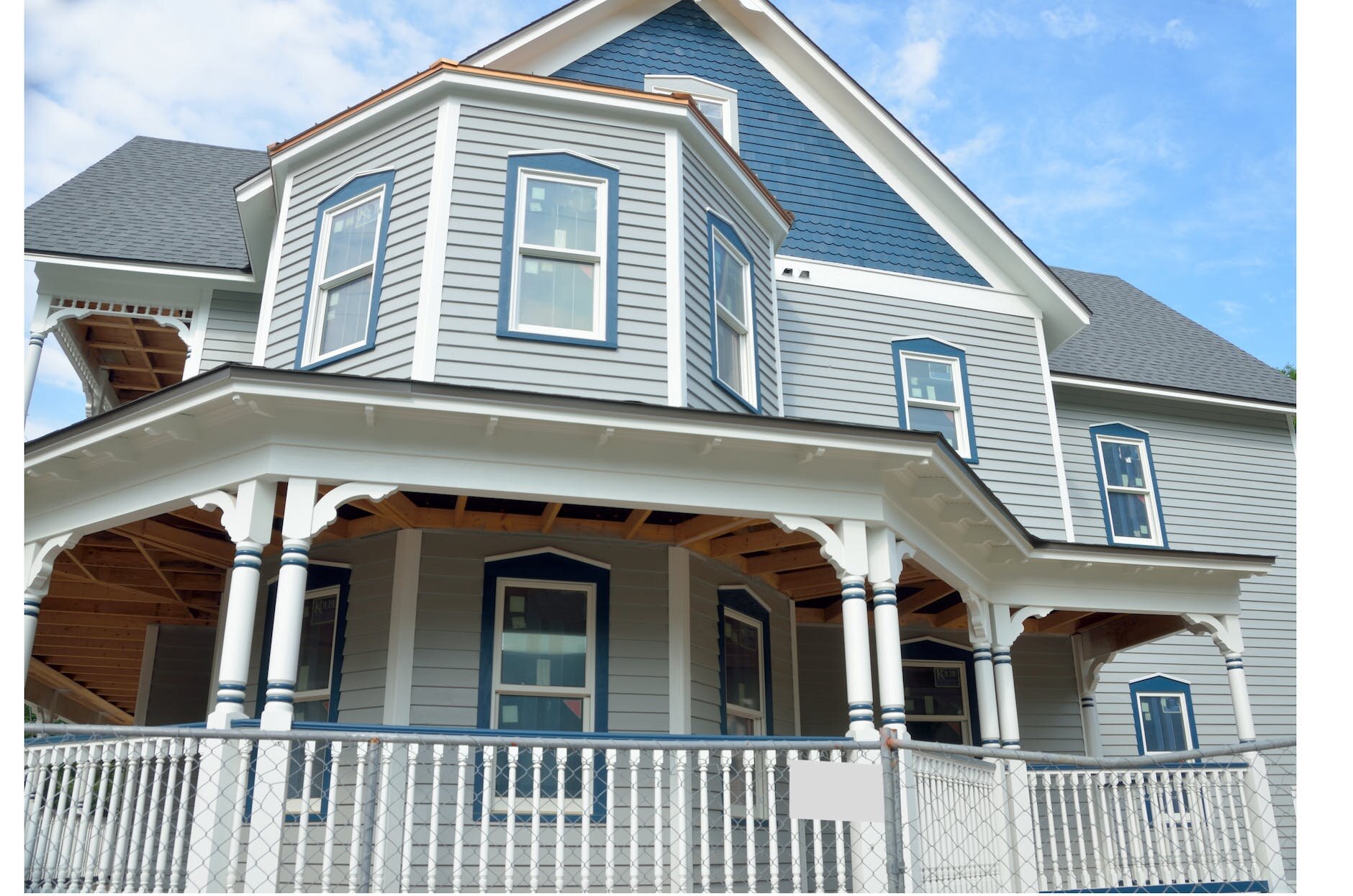
Do You Need a Permit to Replace Your Home's Windows?
Replacing your home’s old windows can significantly enhance your home’s energy efficiency, aesthetic appeal, and overall comfort. Yet, before you set this plan into motion, a pivotal question looms: Is a permit necessary for replacing your windows?
The short answer is, you might. A permit requirrement is contingent on a variety of factors that include the extent of your project, local building ordinances, and any stipulations set forth by your homeowner's association (HOA).
Factors That May Influence the Need for a Permit:
Project Scope: The nature of your window replacement project plays a crucial role. Are you aiming to substitute your current windows with ones of identical size and style, or are you planning more extensive alterations, such as expanding the window openings or opting for a different type of window?
Local Building Codes: Building regulations can differ dramatically from one municipality to another and even among various districts within the same city. These codes are designed to ensure safety, structural integrity, and compliance with energy standards.
HOA Guidelines: Living in a community governed by an HOA can introduce additional layers of requirements for home modifications, including window replacements. For example, some HOA bylaws may require grids or specify what color window trims are acceptable.
Scenarios and Permit Requirements
Replacements Without Structural Changes
For straightforward replacements — swapping old windows for new ones of the same size and type — permits are typically not required. Nonetheless, it's prudent to verify with your local building authority to ensure compliance and to understand any specific prerequisites.
Modifications to Window Size or Style
Alterations that affect the size, style, or surrounding structure of the window are more likely to necessitate a permit. Such changes can affect the building's facade, structural integrity, and energy efficiency, thereby requiring official oversight.
Additional Considerations
- Electrical Modifications: Projects that entail electrical modifications, such as the installation of new outlets or wiring near windows, may require an electrical permit.
- Historic Preservation: Homes situated within historic districts may be subject to more stringent regulations, aimed at preserving architectural integrity.
- HOA Compliance: Always consult your HOA’s guidelines before undertaking window replacements to avoid conflicts and ensure adherence to community standards.
Advantages of Securing a Permit
- Compliance Assurance: Obtaining a permit guarantees your project aligns with local building codes, safeguarding against potential hazards and legal complications.
- Preservation of Home Value: Unpermitted renovations can complicate future sales or refinancing by raising questions about the legality and safety of the work performed.
- Peace of Mind: Knowing that your project complies with all regulations can alleviate stress and prevent future issues with authorities or potential buyers.
How to Determine Permit Requirements
- Local Building Department: This should be your first point of contact for accurate information regarding the necessity of a permit for your specific project.
- Review HOA Regulations: If applicable, ensure that your project complies with the rules set by your HOA.
- Consultation with Professionals: Engaging a reputable window replacement contractor can provide insights into local codes and assist with the permitting process.
By thoroughly understanding and adhering to permit requirements, you can ensure that your window replacement project is executed safely and legally, thereby enhancing the value and enjoyment of your home.
If you're searching for a reputable service provider for your home window renovation, JG Wentworth can help!
How Much Does Window Replacement Cost?
The cost of window replacement can vary significantly depending on factors such as the type of windows, materials chosen, size and style of windows, glass options, and the complexity of the installation.
Choosing Replacement Windows
Replacement windows can be one of the top home improvement project investments. Replacing windows can not only improve the look of your home, but are an important tool in minimizing the costs of cooling and heating. Whether you are buying windows for your new home or replacing windows in your current home, there are many factors to consider.
What is a Personal Loan?
Personal loans, a popular financial tool, offer individuals access to funds with or without collateral. These loans, provided by banks or online lenders, cater to diverse needs like debt consolidation, home improvements, or unexpected expenses and do not require any collateral. Borrowers receive a lump sum and repay in fixed monthly installments over a specified term, typically ranging from one to seven years. Interest rates, based on creditworthiness, can be fixed or variable, impacting the total repayment amount. While they provide financial flexibility, understanding terms, fees, and the impact on credit is crucial for responsible borrowing and effective financial management.







